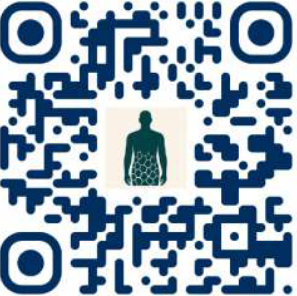When Uber launched in South Africa, it was seen as a game-changer—bringing innovation, convenience, and new economic opportunity. Over time, however, the narrative shifted. Headlines have highlighted system abuse, driver dissatisfaction, and eroding customer trust. Though not formal employees, Uber’s drivers are on the front line—bearing the brunt of customer expectations and operational strain. Their experiences remain a vital lens through which to understand the broader system dynamics.
This article offers a moment to pause and reflect: what can teams take away from this evolving story?
We see this not just as a business case, but as a case study in the importance of cohesive teams under pressure. Real leadership isn't about avoiding trouble—it's about responding to it with integrity, alignment, and care for the whole team.
In Uber’s early days, riders raved about clean cars, courteous drivers, and seamless experiences. But over time, without revisiting and reinforcing the standards that made them successful, those experiences became inconsistent.
High-performing teams require ongoing recalibration. Without it, excellence slowly gives way to erosion.
Despite collectively earning R2.3 billion in 2023, many independent drivers reported working long hours for diminishing returns—highlighting the strain placed on gig workers navigating inconsistent demand and limited protections. Over time, fatigue and frustration began to show up in the quality of service and customer interactions.
When people are worn out, disconnected, or undervalued, performance always suffers—no matter how strong the brand or strategy.
Several drivers felt unheard, raising concerns that were reportedly met with silence or deflection. Customers, too, have reported frustration at unaddressed complaints and limited recourse when issues arose. When people feel dismissed—whether inside or outside the organisation—trust begins to erode, and disengagement follows.
Trust isn’t built through slogans or incentives—it’s earned through everyday, honest, two-way communication. Customers and contractors alike need to feel that their voices matter, and that their input leads to action.
Concerns were raised around system manipulation and pricing inconsistencies. When standards blur and consequences are unclear, people begin to test the edges.
Strong team cultures make expectations explicit. They draw the line clearly—because when everything is tolerated, eventually, everything is compromised.
Inconsistent service, poor safety experiences, and disjointed responses revealed an internal misalignment—one that was visible to customers long before it showed up in reports.
When the inside of the team is fractured, the outside experience will be too.
The Uber story is a modern lesson in what happens when fast growth outpaces intentional culture. For teams to thrive—whether global, local, or somewhere in between—they need three things:
Ongoing alignment to shared purpose
Open, responsive communication
A people-centred approach that recognises performance is sustained through belonging, boundaries, and behavioural integrity
We help teams pause, reflect, and realign—before cracks become collapse. It's not about blame. It's about building teams strong enough to weather real-world complexity.
🟢 If your team could benefit from a conversation like this, let’s talk.
🟢 If you know a leader who needs to read this, share it with them.
Let’s normalise conversations that prevent breakdown—and build teams that last.
References:
BusinessTech, “Uber collapse in South Africa,” 2025
The Citizen, “Safety concerns as Uber driver profiles allegedly sold online,” 2025
ITWeb, “Uber SA drivers, couriers earned R2.3bn in 2023,” 2024
📷 BusinessTech
